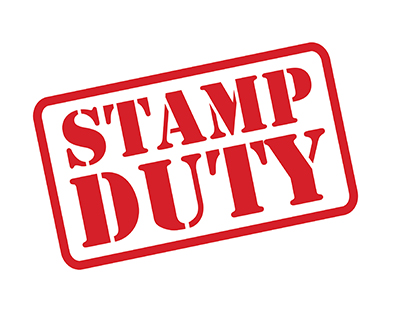If the proposal is accepted, the new system will take effect from April 2020.
But Shah warns: “The government is obviously keen to collect CGT as soon possible, and the proposed 30 day payment timeframe would be aligned with the current payment system for Stamp Duty Land Tax when a property is acquired.
“However, the concern is that individuals, landlords and investors selling residential properties will need to file multiple returns throughout the year, meaning a further tax compliance burden. In addition, it will be particularly bad in terms of cash flow for sellers, who will have to pay tax sooner.”
He explains: “At the moment, individuals could have between 10 and 22 months to pay the tax due and can use the funds in the interim at their discretion, for example to reinvest in another property or invest elsewhere. That advantage will be taken away and they will need to pay over the tax to HMRC almost immediately.
“Individuals will need to prepare a CGT calculation within 30 days of the sale of the property, meaning they will need to have up-to-date records readily available.”
Under the current system, an individual selling a residential property and realising a capital gain would have to report the transaction on their self-assessment tax return for the year of the sale and pay the associated tax by January 31 following the end of the tax year.
Shah says: “This can mean the Government does not receive the tax for up to 22 months where a property is sold at the start of the tax year. With the proposed changes, the Government will collect CGT from the sales of residential property far quicker.”
A new ‘payment on account’ return will need to be submitted as part of the process, meaning the person will have to report the transaction on two separate returns – the new ‘payment on account’ return and normal self-assessment tax return. Each property disposal will require its own ‘payment on account’ return, meaning a person having to file several returns throughout the year where there have been multiple property sales.
Shah said: “CGT can also be payable when someone gives away a property (or a share in a property) and a capital gain arises. Even in this case, the CGT will need to be paid to HMRC within 30 days. Therefore, it will be important that the person has sufficient funds to pay the CGT within the 30 day timeframe.”
Where someone is selling their main residence and the capital gain is covered wholly by ‘principal private residence’ relief, a payment on account will not need to be made, and a return will not need to be submitted.
However, if only part of the capital gain is covered by PPR relief (because the person had not occupied the property as their main residence throughout their ownership), a payment on account and return will need to be made.
“Interestingly, the proposal does not apply to companies and a company selling a residential property will continue to pay corporation tax under the rules for that system, which is normally nine months after the financial year end of the company” adds Shah.
“It is important to note that the proposal applies to both UK and overseas residential properties, but there is an exception where the gain is also taxed in the country where the property is located, which should be the case in the majority.
“However, individuals will need to be mindful when selling an overseas residential property that they do not have a reporting requirement to HMRC, which if missed, could result in penalties and interest charges.”



















%20A%20property%20tale%20for%20our%20times.png)








Join the conversation
Be the first to comment (please use the comment box below)
Please login to comment